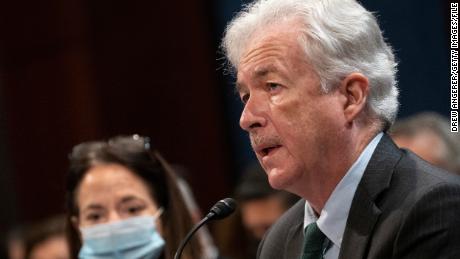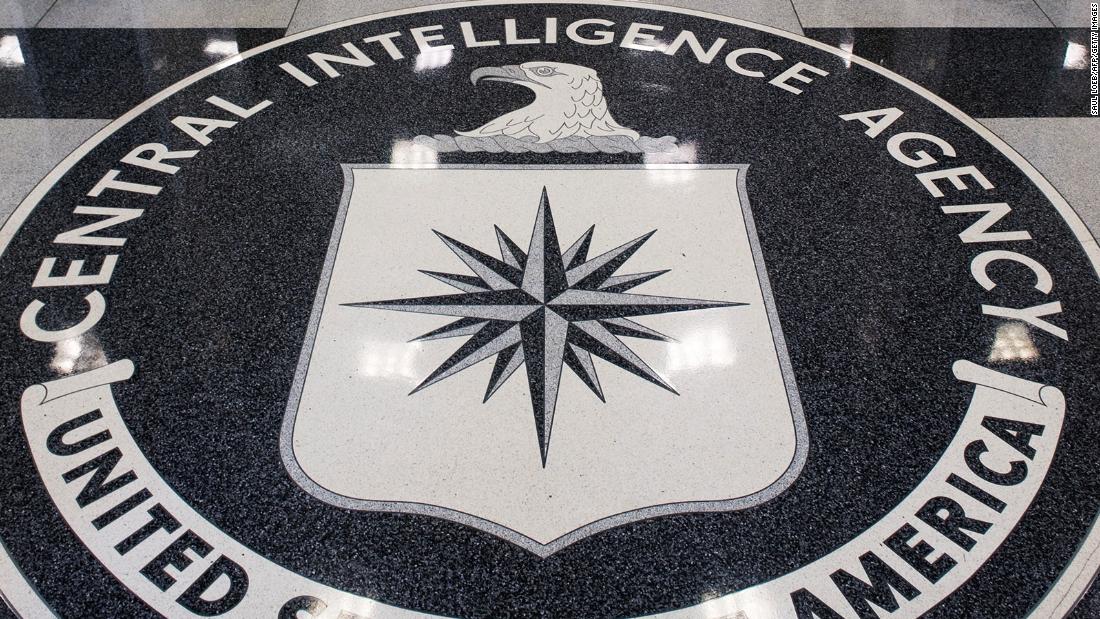The agency hasn’t ruled out that a smaller subset of incidents could be attacks, and the intelligence community continues to investigate “whether any device or mechanism plausibly could cause the symptoms reported,” a senior CIA official said.
But in the interim findings delivered to President Joe Biden and briefed to Congress in recent weeks, the CIA has yet to find any evidence that a nation-state is behind any of roughly 1,000 reported episodes around the globe.
The assessment is based in part on the fact that the task force has found that the majority of reported cases can be attributed to other, known causes — something that is to be expected after the CIA and other federal agencies urged their workforces to report any unusual symptoms, current and former officials familiar with the probe said. Those sources say officials anticipated a rise in reported incidents, not all of which would turn out to be suspected Havana syndrome.
“This finding does not — it does not — call into question the fact that our officers are reporting real experiences and are suffering real symptoms, nor does it explain every report,” the senior official said.
In most instances, reported symptoms have been attributed to “medical conditions or environmental and technical factors, including previously undiagnosed illnesses, and many more reports made out of an abundance of caution,” the official said.
But there are cases that have defied explanation. Officials declined to say exactly how many reports haven’t been attributed to other causes, but out of that unknown number, the task force has zeroed in on a core set of roughly two dozen to focus its investigation on. CIA analysts believe those two dozen cases offer the agency its best chance of uncovering clues about who or what is behind the episodes.
They are also the “toughest” cases, said another CIA official. So far, analysts have been unable to figure out who caused those injuries and how — or even if those cases can all be definitively termed “Havana syndrome.”
“This has been one of the conundrums, and really what has made this harder than probably any other we’ve looked at analytically in the agency’s history,” that official said. “We’re cutting the data in a dozen different directions and we’re just not seeing those patterns at this stage that are allowing us to make broader conclusions about attribution.”
For five years, US spies, service members and diplomats serving overseas have been struck by this obscure set of symptoms, known within the government as “anomalous health incidents.” Victims have complained of vertigo, nausea, head pressure and in some cases, a piercing directional noise. Some have been subsequently diagnosed with traumatic brain injury. The episodes were first recorded in Havana, Cuba, and later in China, Austria and elsewhere. At least two potential incidents have been reported inside the United States, near White House grounds, CNN has previously reported.
One working theory is that Russia — or possibly a proxy force — has been using a directed-energy weapon either to collect intelligence or harass US personnel overseas, sources familiar with the probe say. But while intelligence officials haven’t ruled out that possibility, they haven’t been able to substantiate it.
“We’re not taking anything off the table at this point,” the second CIA official said. “We’re looking at the full range of possible explanations for each of the cases. They’re all different.”
The ambiguity has led to rising frustration among some victims, lawmakers and government employees tracking the issue — including within the CIA itself, two sources familiar with the matter tell CNN.
“They have nothing,” said another source briefed on the intelligence. “It’s so frustrating.”
A source familiar with the agency’s findings emphasized that the assessments represent only “interim findings from one element of one agency.”
“There will be further reports that will be coming that will be whole-of-government, including outside experts as appropriate, and that reflect the cases that are still of active analysis, while assessing alternative reasonable explanations for the other reports,” this person said.
A source familiar with the matter said a separate panel of outside experts convened by the Biden administration to study what technologies could theoretically cause the kinds of symptoms associated with Havana syndrome is finalizing its work.


The rollout of the findings raised a brief uproar among some US officials working the issue, as well as victims. Two sources familiar with the matter said the CIA had not coordinated with the White House its initial decision to brief Capitol Hill on its findings, nor did the agency’s findings take into account the work of the experts panel.
“The CIA’s newly issued report may be labeled ‘interim’ and it may leave open the door for some alternative explanation in some cases, but to scores of dedicated public servants, their families, and their colleagues, it has a ring of finality and repudiation,” the group Advocacy for Victims of Havana Syndrome said in a statement Wednesday. “We have reason to believe the interim report does not even represent the consensus of the full CIA, instead reflecting the views of a subset of officials most interested in resolution and closure.”
Up until now, victims have broadly praised Burns’ handling of the issue, and the Biden administration has been careful to avoid any hint that it is not taking victims seriously.
A CIA spokesman declined to comment on the tussle.
One of the CIA officials said the task force’s work will continue and remains fully resourced.
“While we have reached some significant interim findings, we are not done,” Burns said in a statement. “We will continue the mission to investigate these incidents and provide access to world-class care for those who need it. While underlying causes may differ, our officers are suffering real symptoms. Our commitment to care is unwavering.”
Secretary of State Antony Blinken on Thursday addressed the CIA interim report on Havana syndrome, saying that he has “no doubt” that there have been State Department personnel affected by “real experiences, real symptoms and real suffering.”
“We are going to continue to do everything we can with all the resources we can bring to bear to understand again what happened, why and who might be responsible,” said Blinken at a press conference in Germany. “And we’re leaving no stone unturned.”
Blinken said he has “no higher priority as secretary than the health and safety of all of our colleagues and their families.”
CNN’s Michael Conte contributed to this report.







